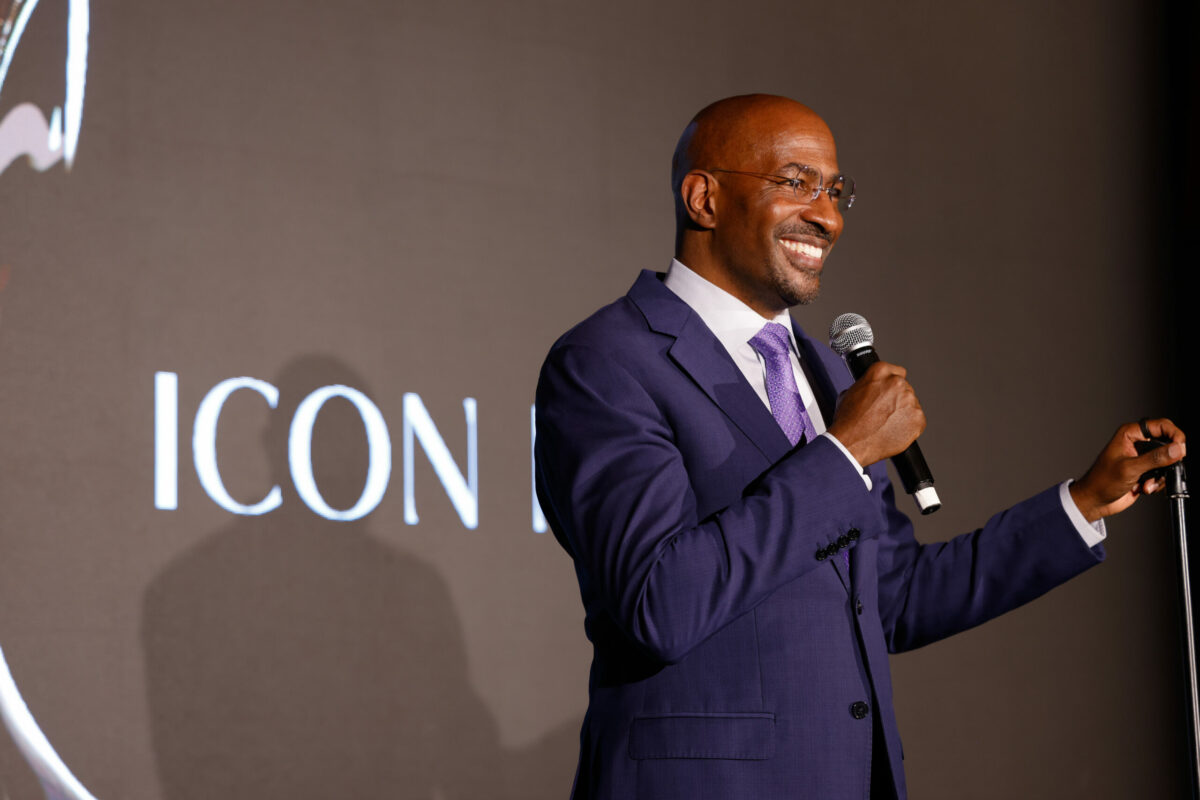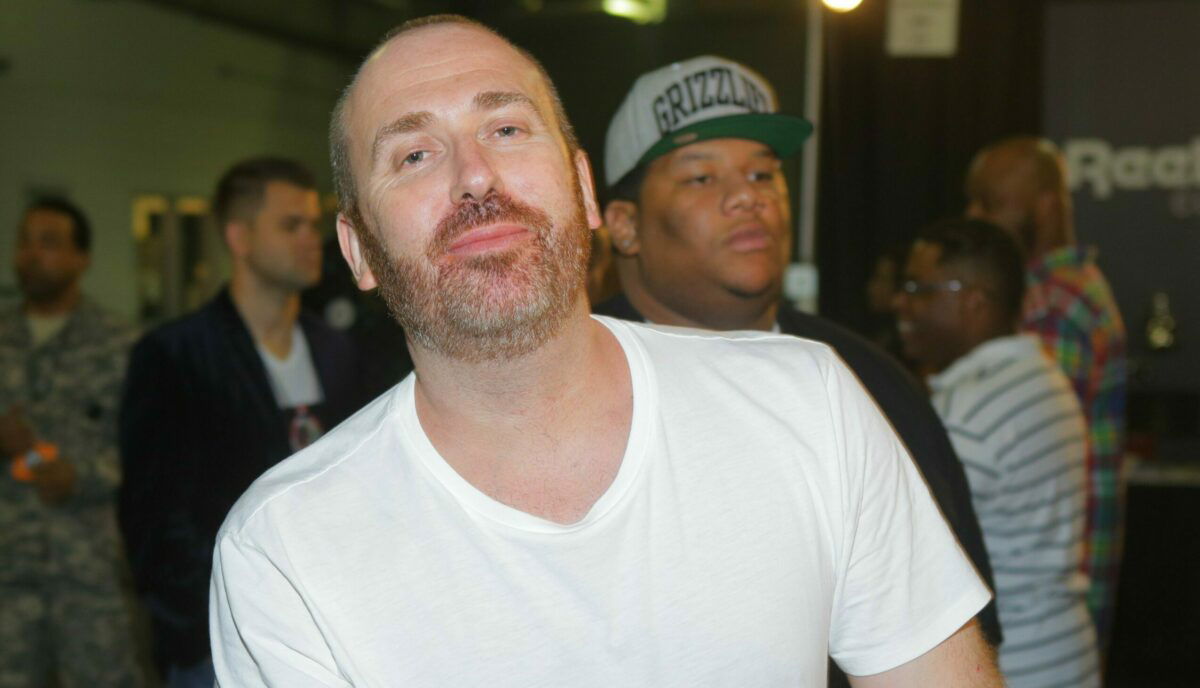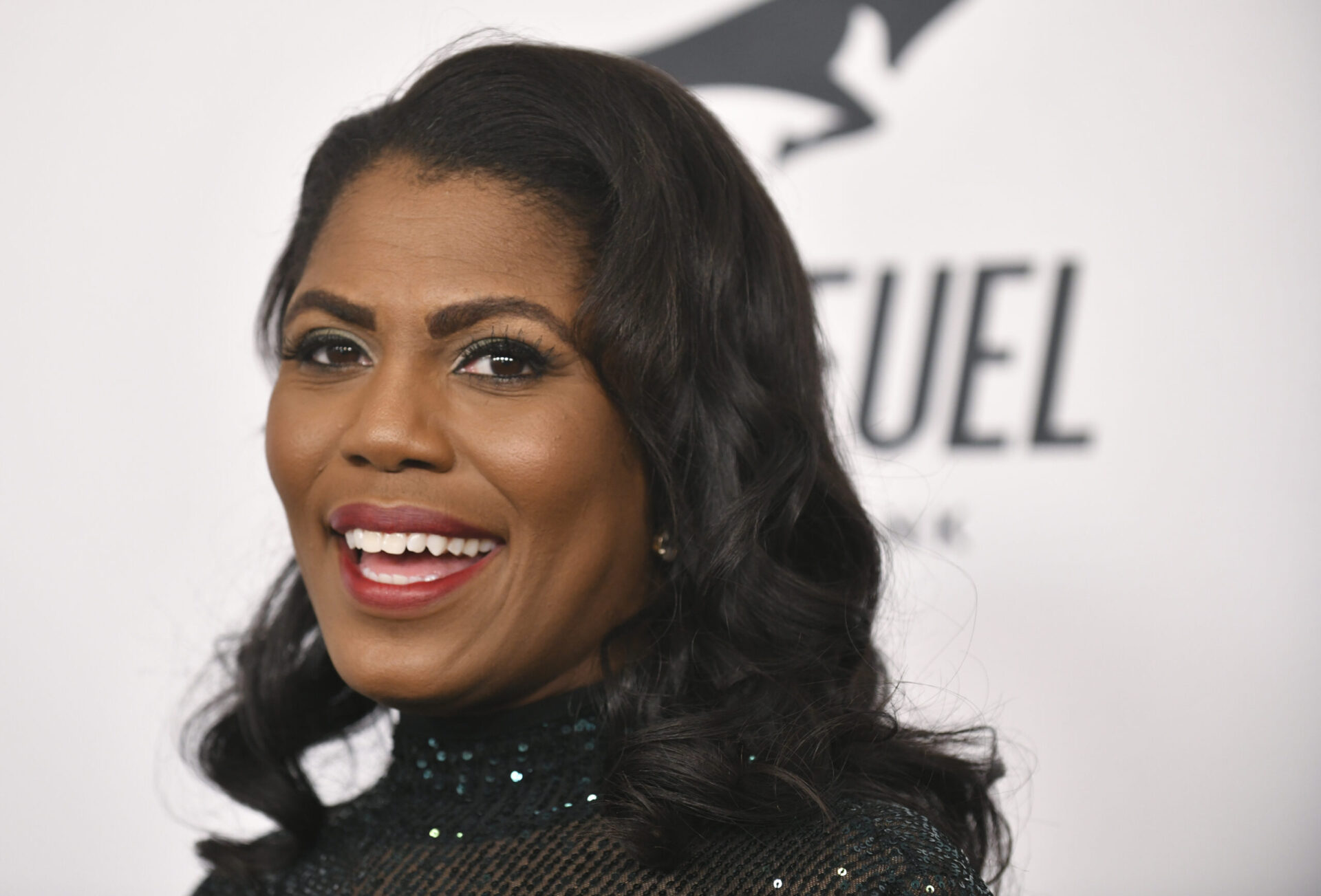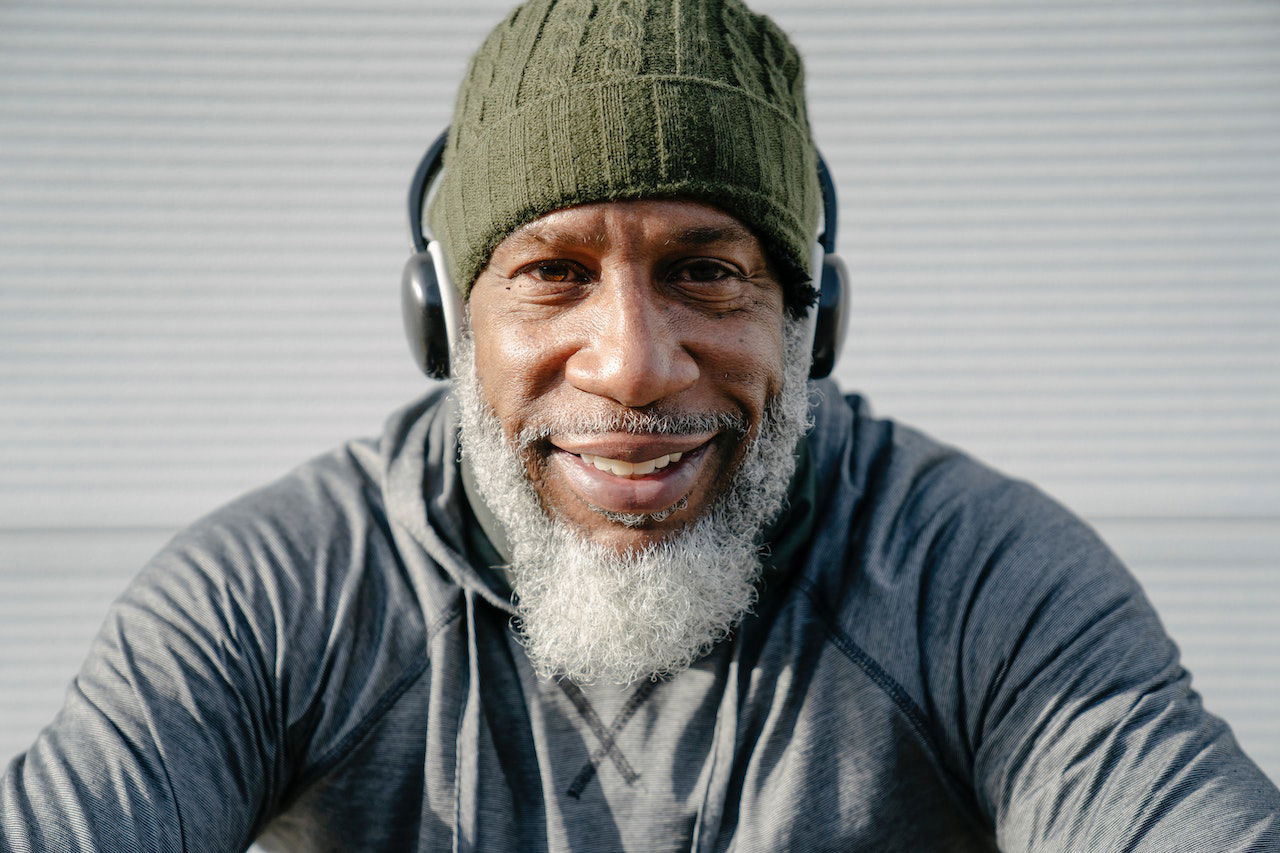
October 13, 2023
The Honey Pot And Other Period Care Brands Are Fighting Back Against The ‘Tampon Tax’
Some of the industry’s leading period care brands are joining forces to help combat what they say is the unfair “tampon tax” added to menstrual product purchases, including the Black-owned and popular The Honey Pot, Essence reports.
On Oct. 11, in celebration of the International Day of The Girl, Honey Pot, along with August, Cora, DIVA, Here We Flow, LOLA, Rael, and Saalt, announced The Tampon Tax Back Coalition, which will provide refunds to consumers living in states where a “luxury” tax is imposed on period care purchases. Those supporting the brands, both online and in-store, can visit a website created by the coalition, send photos of their receipts, and be reimbursed the amount paid in taxes via Venmo or PayPal within 48 hours. The website states that refunds will be granted for purchases made within 10 days of the submission date.
For The Honey Pot owner Beatrice Dixon, the coalition’s purpose is larger than just state tax; it’s also about bridging the inequity gap for those needing period care, the outlet reports.
“I would venture to say that most people probably don’t know that they’re being taxed the luxury tax, and I would even venture to say that the majority of humans don’t even know that that’s a thing,” she said. “Because it is ridiculous that we’re taxed on luxury taxes if we can’t help having a period. It’s called the tampon tax even though it really affects any menstrual care products that you buy.”
Currently, 21 states still enforce a “luxury” tax on period care products, with Texas being the latest state to abolish it in September, according to Essence.
“Every woman knows that these products are not optional,” said Texas state Sen. Joan Huffman. “They are essential to our health and well-being and should be tax exempt.”
RELATED CONTENT: An Inaugural Night of Sexual Healing: Honey Pot Debuts New Sexual Wellness Collection



